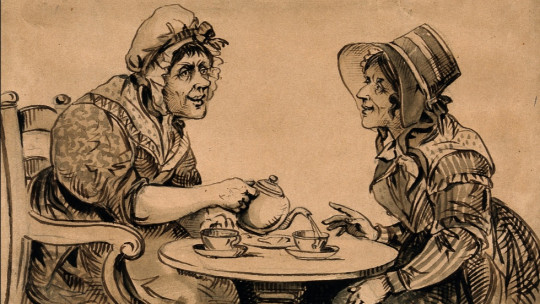
For a long time now there has been a strong complaint about the content and formats of part of what television offers.
The concept of trash TV refers to morbid content, normally focused on exaggeration, which seek to entertain by exhibiting situations that are supposedly not fictitious and that are painful or humiliating. Programs that do not reflect positive values, but quite the opposite.
However, and although it may seem strange, trash TV is liked, and a lot Many television networks program this type of content in prime time slots because they want to capture the largest possible number of viewers with them.
That is, we know that trash talk is not something desirable, but nevertheless our actions are not consistent with these thoughts. Why is this happening? Why do you like trash TV? Below I will present possible answers.
Telebasura: offering prohibited content
If we had to highlight a defining characteristic of trash TV, it would probably be that it uses morbid content that, from certain moral parameters, we should not be watching. Trash television offers us the forbidden in the comfort of our own home and we can enjoy it alone or surrounded by trusted people.
That means that, compared to other entertainment, it competes with an advantage, sacrificing good image and journalistic ethics in favor of the possibility of offering what no one else offers.
The promise that with each program we will see something that will surprise us makes us think about it even during the time we spend away from the screen, and the parallel narratives about what is going to happen that we invent in our imagination make us want to see the real development of the story, for which we must return to the program.

Spectators addicted to morbidity
The content of trash TV may be bad and it is evident that much of it is fictitious, but that does not stop it from surprising us and attracting our attention. And it is our attention, always in search of novel stimuli that can lead us to a high state of activation, that makes us return to these programs, as if it were a kind of drug dependency.
What we become addicted to with trash TV, however, is not a drug, but rather certain substances that our own body secretes every time a narrative line is resolved just the way we wanted and every time we see something that amuses us, like a celebrity making a fool of himself.
As we associate this state of well-being produced by these substances with watching trash TV, the more interested we are in continuing to watch these programs. It is an impulse that goes beyond reason: even if we believe that the program does not deserve our attention because its characteristics fit with those of trash TV (and neither trash TV nor the people who regularly watch trash TV usually enjoy a good image), The fact is that the body asks us to turn on the television
False sense of sociability
One of the characteristics of many trash TV shows is that in their development there are recurring people who express their opinions and beliefs in a completely direct and, apparently, unfiltered way. It is this supposedly honest attitude that makes the conflict and the spectacle that is so sought after appear
However, another consequence of this type of format is that it is very similar to a meeting of friends. The jokes and little moral filter make the show easily comparable to what happens at a casual dinner where jokes are told and rumors spread.
In this way, by watching certain junk TV programs, the brain can be tricked into behaving just as it would in a real social context, even if it is really just watching the television. This can satisfy the need to interact with real people without exposing yourself to the annoying situations that can arise when leaving home to interact with real people.
Improving self-esteem
Paradoxically, trash TV could make us feel better about ourselves Because? Because it makes us believe that our imperfections are something very normal and that most people have more things to hide.
This idea is based on what is known as Cultivation Theory, according to which exposure to television (or other similar media) makes us believe that reality is similar to what can be seen on those channels. Trash television normalizes gruesome events and displays of ridicule, and comparing yourself with the people who appear there and who are also either playing a role or only showing their most tragic, lurid or comic side, is comfortable. Something that makes us feel comfortable and that makes us repeat.








